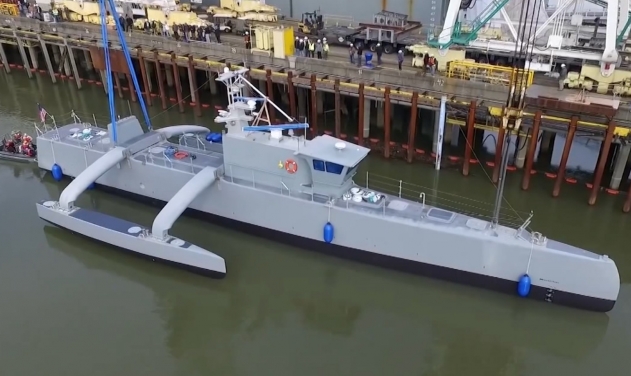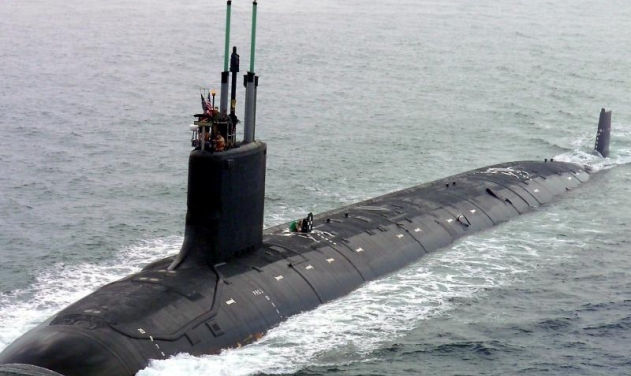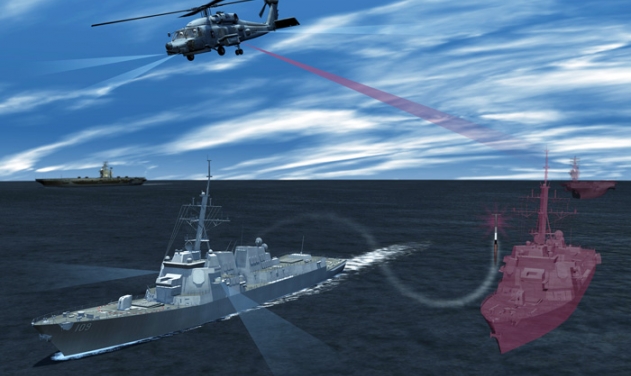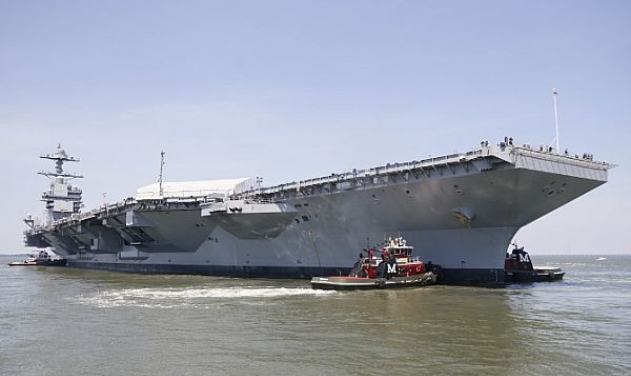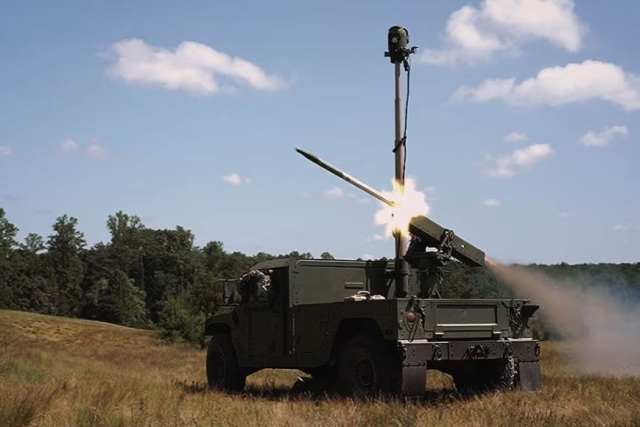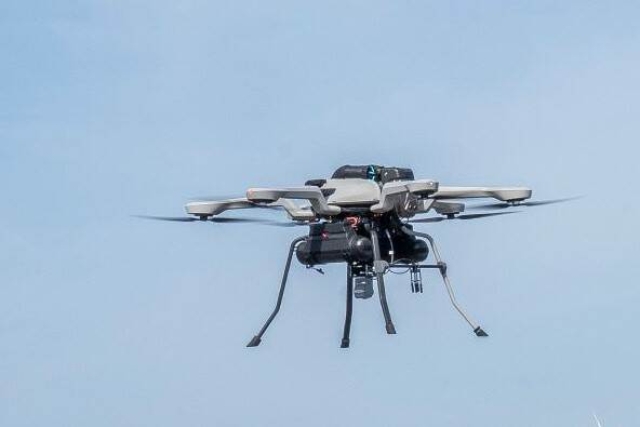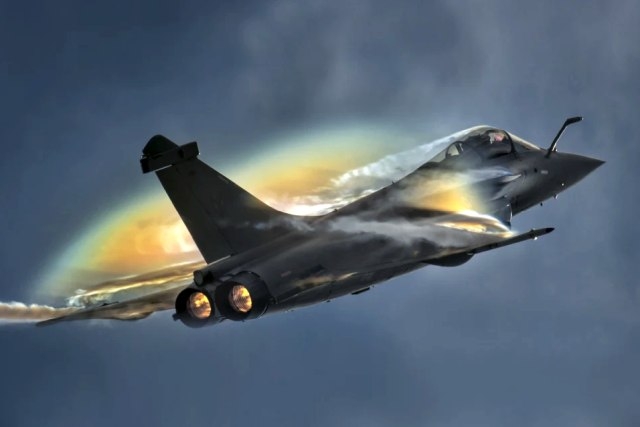Can Fuel Cells Tech Edge-out Gasoline Engines In Military Applications?
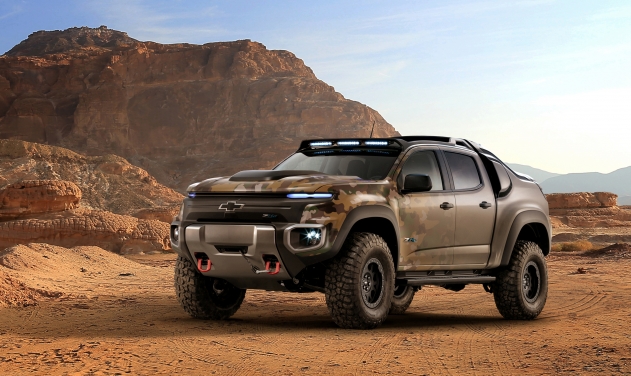
Does fuel cell technology has the potential to replace gasoline-based engines to drive armoured vehicles and naval vessels.
General Motors (GM) and Honda on 30 January announced a Fuel Cell System Manufacturing (FCSM) joint venture to mass produce hydrogen fuel cell systems for each company's future offerings.
FCSM is to operate within GM's existing battery pack manufacturing facility near Detroit. "Mass production of fuel cell systems is expected to begin around 2020," the companies said in a statement.
"In addition to advancing the performance of the fuel cell system, GM and Honda are working together to reduce the cost of development and manufacturing through economies of scale and common sourcing," the companies said.
GM introduced the new Chevrolet Colorado ZH2 army truck during the Association of the United States Army (AUSA) meeting in October last year. The car is the first off-road fuel-cell powered electric vehicle from the American automaker.
GM is also applying that hydrogen fuel cell technology for US Navy unmanned undersea vehicles through a project with the Office of Navy Research (ONR) and is exploring a variety of aerospace applications.
US Army officials want to compare the fuel cell technology to traditional gasoline- or diesel-engine vehicles. The army hopes such fuel cell vehicles would eventually be used for quiet operation, to export power, generate high wheel torque for off-road driving, be refueled in less than five minutes, and provide especially low fuel consumption at idle.
The website of the ONR affiliated to the US Navy, has put up research opportunities in regard to Exploration of potential fuel cell applications for other vehicles with military applications in a variety of environments.
Fuel cells extend the operating range and mission of military systems by reducing the dependence on carbon-based fuel sources. They also save energy and reduce the operating costs associated with dependence on foreign oil, the website states.
The ONR under the Fuel cells program is exploring improved power generation capabilities within the critical weight and volume constraints of future systems that are designed for increased capability and agility, including all electric naval ships, unmanned (air, surface, subsurface, ground) vehicles, aircraft auxiliary power units and man-portable power applications.
“Additionally, the fuel cells and fuel cell systems developed in this program will provide enhanced mission endurance, as well as reduced logistics support requirements through more efficient fuel utilization,” the website states.
“In their present state of development, neither fuel cells nor high specific power, fast-recharge secondary cells are low-cost devices. In applications where the other characteristics are essential, however, a price-premium is justified as for remote power and military and space applications,” states a research paper titled Recent advances in fuel cells and their application to new hybrid systems by Argonne National Laboratory.
The global fuel cell market is expected to reach $24.81 billion by 2025, according to a report by Grand View Research, published in November last year.
Growing demand for unconventional energy sources is one of the key factors driving the global fuel cell market. Fuel cell is one of the growing alternate backup power options primarily due to the utilization of hydrogen as fuel.
